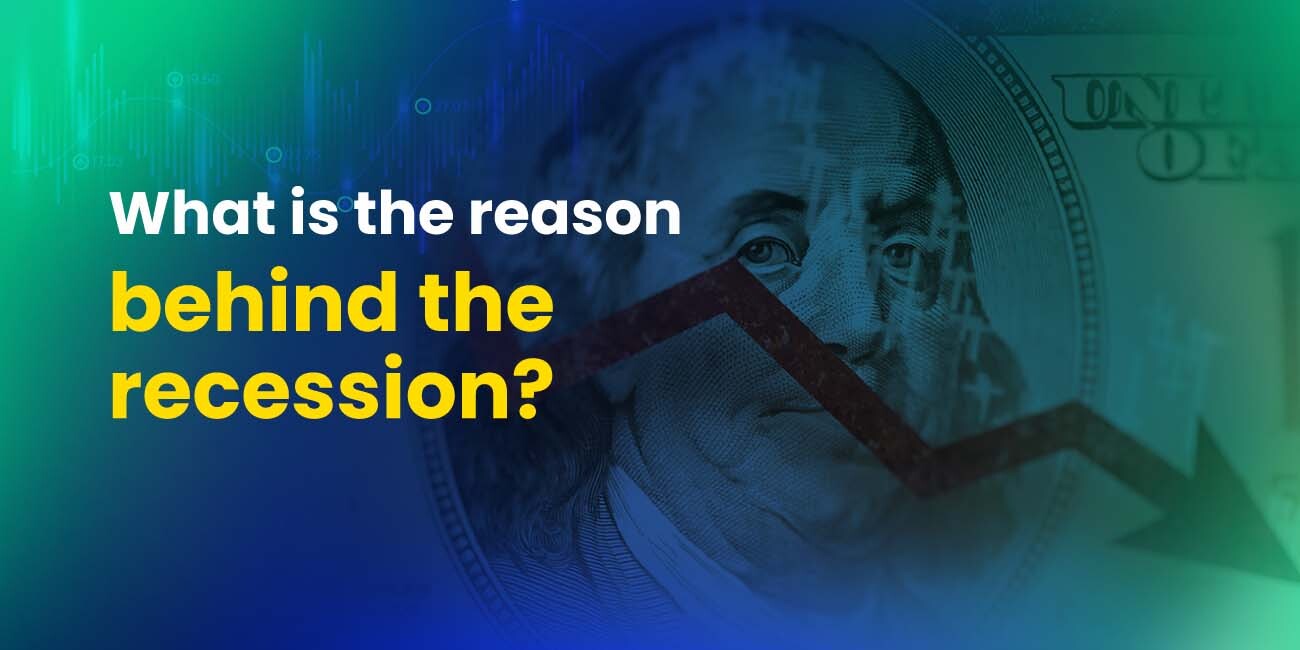

Recessions are characterized by a significant decline in economic activity, often measured by gross domestic product (GDP), employment, and trade. There are a number of factors that can contribute to a recession, including:
It is important to note that recessions are a normal part of the economic cycle and that they can be triggered by a variety of factors. It is not always possible to predict when a recession will occur, and it is important to be prepared and have a diversified investment portfolio to weather economic downturns.
Risk disclaimer: The information presented on our blog is for educational purposes only. Nothing on this website serves as investment advice or recommendation. Trading is risky and you can lose your entire investment. www.thewolfofdubai.com cannot be held responsible for any investment or trading decisions made by you. Please consult your financial advisor before making any investment decision.